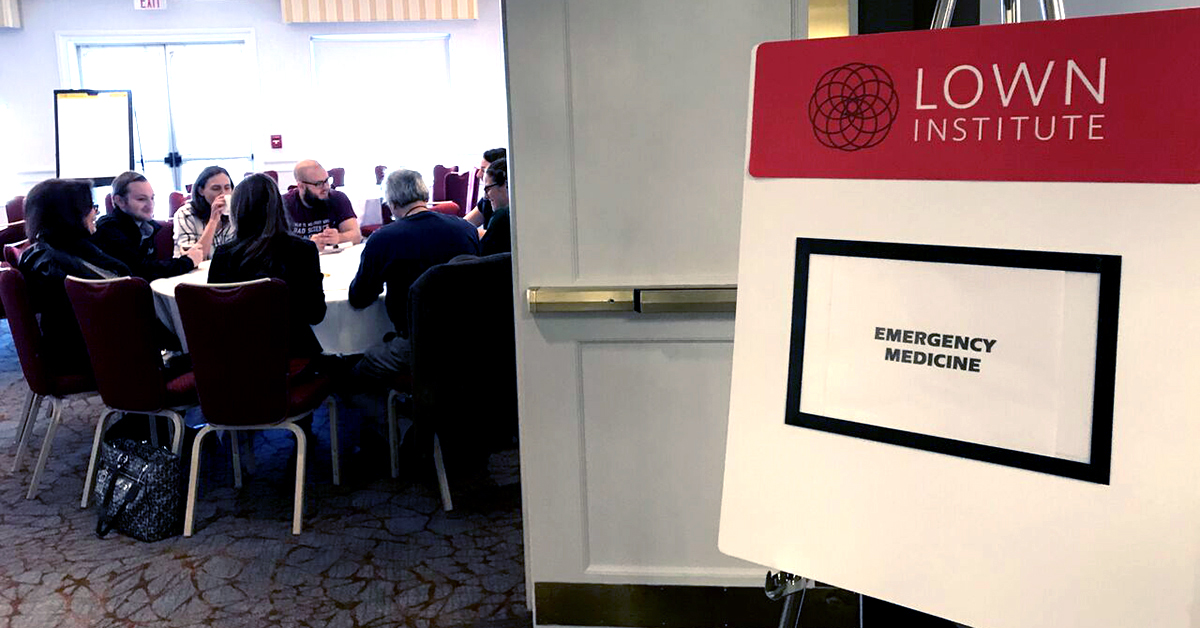Three members of the Right Care Alliance were featured in a special report on over- and under-use in Emergency Medicine News this week.
Breena Taira, MD, MPH, emergency physician and assistant professor at Olive View-UCLA Medical Center, Christopher R. Carpenter, MD, associate professor of emergency medicine at Washinton University in St. Louis, and Jerome Hoffman, MD, professor of emergency medicine at UCLA’s David Geffen School of Medicine spoke with journalist Gina Shaw about the drivers of overuse and underuse in emergency medicine, and what we can do about it.
Drivers of wrong care
Taira, Carpenter, and Hoffman identified several types of overuse in emergency medicine including over-testing, over-diagnosis, and over-treatment. Part of the problem is incentives, says Carpenter. “No one rewards you at any stage of your career for ordering fewer tests,” he says, but there are strong incentives to practice defensive medicine. The fast pace and high volume of patients in the emergency department increases the pressure on doctors not to make mistakes, which encourages more testing.
“No one rewards you for ordering fewer tests”
Another issue is culture, the doctors say. Initiatives like Choosing Wisely have become more popular, but many doctors are still unaware that overuse is a problem. ““We have to stop thinking that more is better, whether it’s scans, tests, or treatments,” says Carpenter.
But it’s not just overuse that’s a problem in emergency care. Overuse and underuse “go hand in hand,” says Taira. “The systemic factors—such as supply-driven care—that spur on overuse also create more limited access to care in marginalized populations.”
The Role of the RCA
Taira, Carpenter, and Hoffman offer numerous solutions for the crisis of overtreatment, including education, focusing on specific overused services, and recognizing the social causes of medical emergencies.
“In the big picture, we need a radically different health care system”
But most importantly, joining together in action is essential for long-term change. “In the big picture, we need a radically different health care system. So we cannot try to avoid the hard work of creating a national movement involving medical professionals and the public,” says Hoffman.

